Owning rental property in Minnesota can be a lucrative investment, but it also comes with tax responsibilities that, if managed well, can maximize your returns. As a landlord, understanding tax laws and best practices can help you reduce liabilities and take full advantage of available deductions. Here’s a guide to ensuring you get the most out of your taxes and returns.
Take Advantage of Rental Property Deductions
Several expenses related to your rental property are tax-deductible, which can significantly lower your taxable income. Some key deductions include:
- Mortgage interest: Interest paid on loans used to buy, improve, or maintain your rental property.
- Property taxes: Deductible on both the state and federal levels.
- Depreciation: The IRS allows landlords to depreciate the value of rental property over 27.5 years.
- Repairs and maintenance: Costs for fixing plumbing, electrical work, or repainting are deductible.
- Utilities: If you cover utilities for your tenants, these are deductible expenses.
- Property management fees: If you hire a management company, those costs can be written off.
- Legal and professional fees: Expenses for accountants, attorneys, and consultants related to your rental business.
Understand the Difference Between Repairs and Improvements
The IRS distinguishes between repairs (immediate deductions) and improvements (capitalized and depreciated over time). Repairs keep the property in good condition, while improvements add value or extend its life. To optimize your tax strategy:
- Deduct repairs immediately (e.g., fixing a leaky faucet, repainting walls).
- Capitalize improvements (e.g., remodeling a kitchen, installing a new roof) and deduct them through depreciation.
Consider Pass-Through Tax Deductions
Under the Qualified Business Income (QBI) deduction, eligible landlords can deduct up to 20% of their net rental income if they meet certain criteria. To qualify:
- Actively participate in property management.
- Keep detailed records of time spent managing the rental.
- Prove your rental business operates as a trade or business.
Utilize Section 1031 Exchanges for Tax-Deferred Gains
If you plan to sell a rental property and reinvest in another, a 1031 exchange allows you to defer capital gains taxes. Key points:
- The new property must be of equal or greater value.
- The exchange must be completed within 180 days.
- You must identify the replacement property within 45 days of selling the original property.
Keep Accurate Records and Separate Finances
Good record-keeping is essential for tax savings. Maintain organized documentation of:
- Rental income and security deposits.
- Expenses with receipts and invoices.
- Mileage logs for travel related to property management.
Additionally, having a separate business bank account for rental income and expenses simplifies bookkeeping and tax filing.
Work with a Tax Professional
Minnesota tax laws can be complex, and hiring a CPA or tax professional who specializes in real estate can help you:
- Maximize deductions you may have overlooked.
- Ensure compliance with state and federal tax laws.
- Strategically plan tax-efficient property sales and purchases.
Understand Minnesota-Specific Tax Considerations
Minnesota has unique property tax rules and credits that landlords should be aware of, such as:
- Property tax refunds: If your property taxes are high relative to rental income, you may qualify for a refund.
- Homestead classification restrictions: Rental properties do not qualify for homestead tax benefits, so ensure your property is classified correctly.
By staying informed on tax deductions, managing expenses strategically, and working with professionals, Minnesota landlords can optimize their tax returns and enhance profitability. Implement these best practices to ensure you’re keeping more of your rental income and growing your investment portfolio efficiently.




